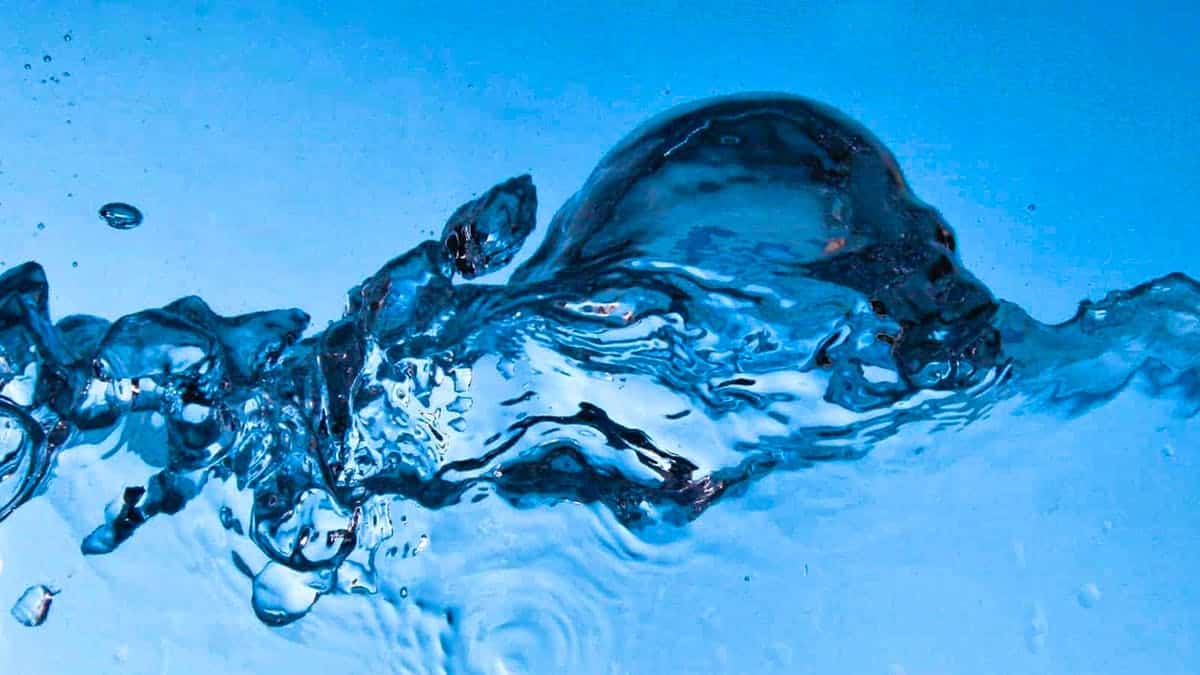Oscillating between deluge and drought, the water cycle is “increasingly disturbed and extreme”, with cascade repercussions on companies, alerted the UN World Meteorological Organization (OMM) on Thursday.
Last year, the hottest year ever recorded, only a third of the planet’s river basins presented “normal” values while all the glacial regions of the world recorded losses due to the melting, according to an OMM report.
In addition, the Amazonian basin and other regions of South America, as well as southern Africa, underwent a serious drought, while the conditions were humid than normal in other regions, especially in certain areas of Africa, Asia and Central Europe.
“The water resources on the planet are subject to increasing pressure and, at the same time, the intensification of extreme water phenomena has increasingly important repercussions on lives and means of subsistence,” comments the secretary general of OMM, Celeste Saulo, in a press release.
180 million Olympic pools
This is the third consecutive year when scientists have recorded a generalized ice loss in all glacial regions.
“In total, 450 gigatons were lost, the equivalent of a huge block of ice 7 km high, 7 km wide and 7 km long, or enough water to fill 180 million Olympic swimming pools,” said the OMM.
This quantity of cast iron water adds about 1.2 mm worldwide in a single year, increasing the risk of flooding for hundreds of millions of people living in coastal areas.
The Tropical Zone of Africa suffered in 2024 of exceptionally strong precipitation, causing around 2,500 deaths and resulting in the displacement of 4 million people.
Europe has known its most important floods since 2013, while Asia and the Pacific have endured record precipitation and tropical cyclones, which left more than 1000 dead, according to the OMM.
In the past six years, only about one third of the hydrographic basins have experienced normal flow conditions compared to the average of the period 1991-2020. The other two thirds have had too much or too little water, highlighting “an increasingly disturbed hydrological cycle”.
According to the UN, 3.6 billion people have insufficient access to water at least one month a year. Their number should exceed 5 billion by 2050.

